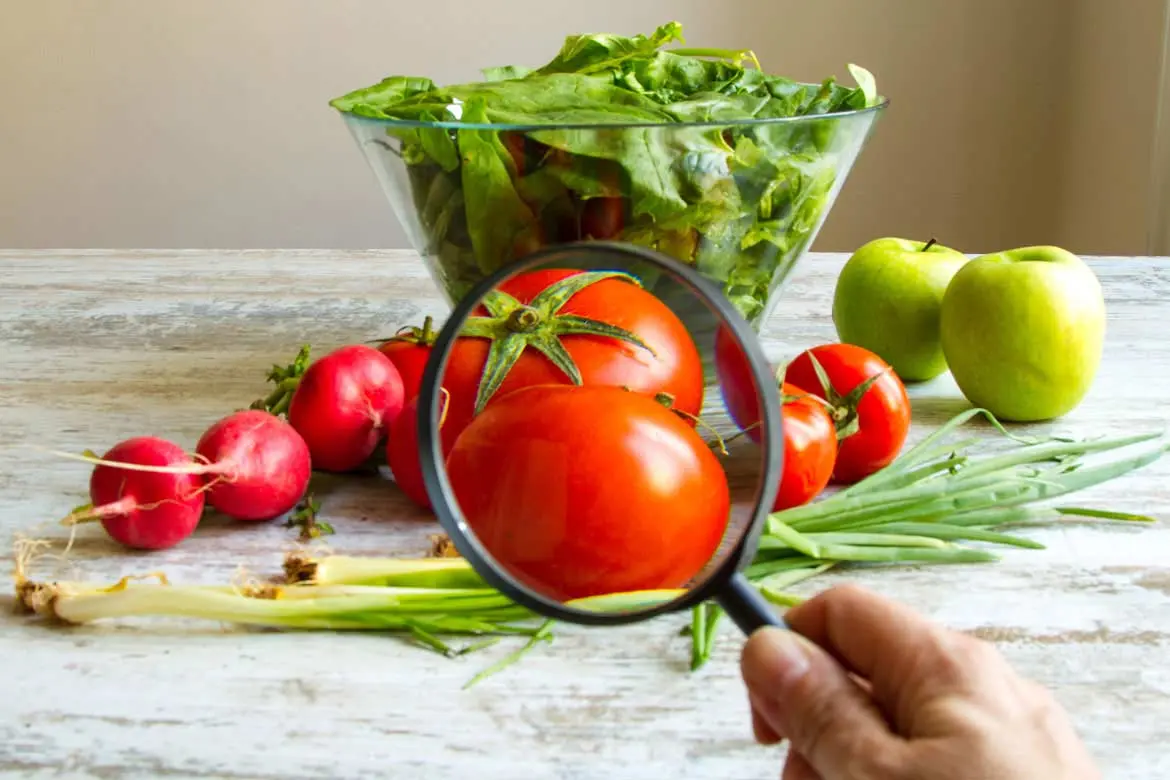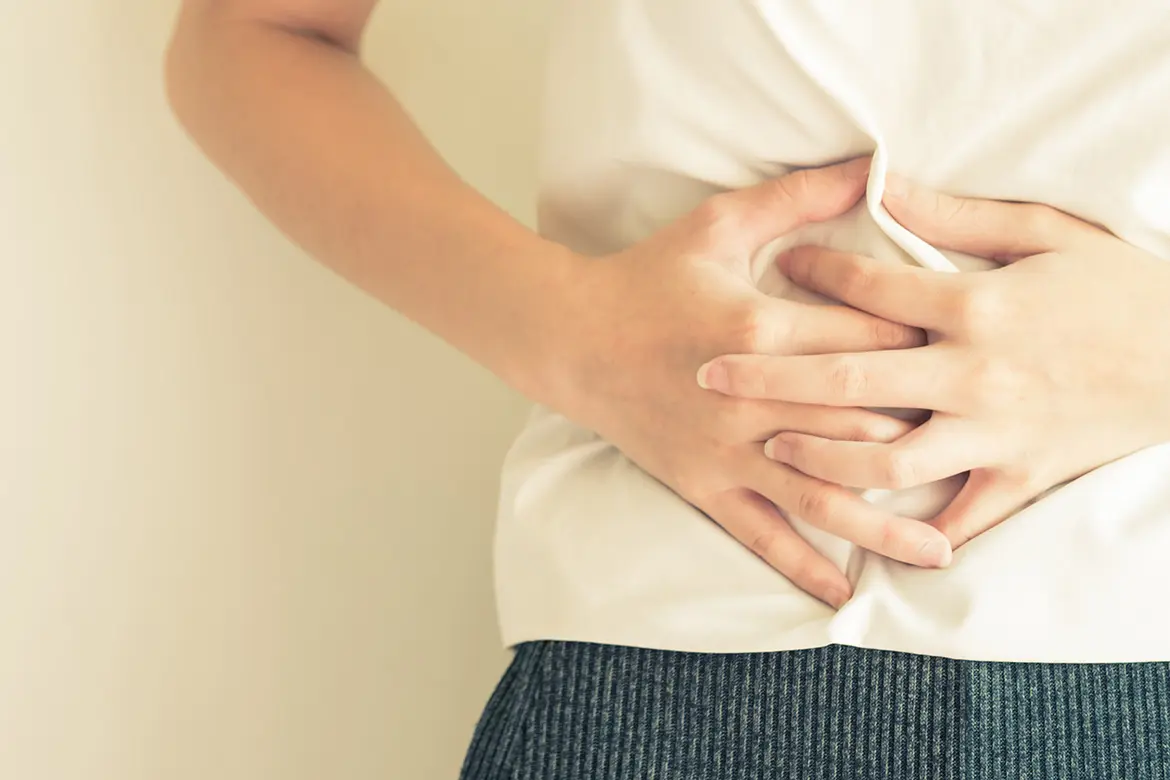What are foodborne diseases?
Foodborne diseases (colloquially referred to as food poisoning) are a result of ingesting food and water contaminated with toxins and chemicals produced by harmful bacteria and microorganisms. The contamination of food may occur at any stage between food production and consumption. It can also be a result of environmental contamination, such as pollution of water, soil and air.
What causes foodborne diseases?
Common causes of foodborne diseases include:
- Bacteria – Salmonella, Listeria, Campylobacter, E.coli
- Virus – Norovirus, Hepatitis A
- Parasites – Toxoplasmosis, Pork tapeworm, Echinococcus tapeworms, Chinese liver fluke
- Chemicals and toxins – Aflatoxin, cyanide.
Who is more at risk?
- Typically those with a weakened or developing immune system. Especially:
- Adults aged 65 and above
- Children under 5 years
- People with existing chronic conditions or undergoing therapy
- Pregnant women – susceptible to certain germs such as Listeria.
Preventing foodborne diseases
You can’t completely prevent foodborne disease but you can reduce the risk by adopting the following safety tips:
1. Keep clean
- If you don't have access to clean water, boil your water to make it safe to drink
- Keep food preparation areas and equipment clean
- Practise good personal hygiene
- Use clean ingredients or raw materials
2. Separate raw and cooked food
- Prepare or store raw food items separately from cooked foods
- Use a separate chopping board and utensils for raw and cooked/ready-to-eat food
3. Exercise diligence
- Provide serving utensils when sharing food
- Check 'Best Before' dates before consuming food
- Eat raw food with care
4. Cook thoroughly
- Always cook meat and poultry at the right temperature and serve hot
- Reheat leftovers above 70°C
5. Keep food at safe temperatures
- Keep hot food above 60°C and cold food below 5°C
- Refrigerate leftovers quickly, or within 2 hours
Symptoms
Most foodborne illnesses resolve on their own, but you should consult a doctor if you experience:
- Blood in your vomit or stools
- Blurred vision
- Confusion
- Dehydration
- Dizziness
- Diarrhoea for more than 3 days
- Extreme stomach cramps
- Fever over 38.5°C
- Infrequent urination or urine that is darker than usual
- Inability to keep liquids down
- Rapid heartbeat or low blood pressure
- Tingling arms or weakness in muscles












